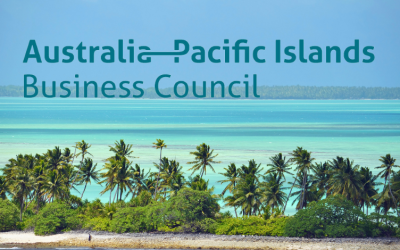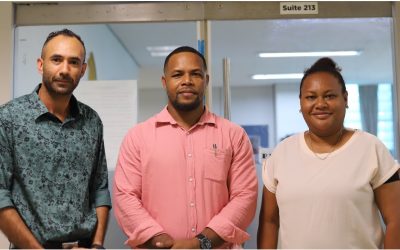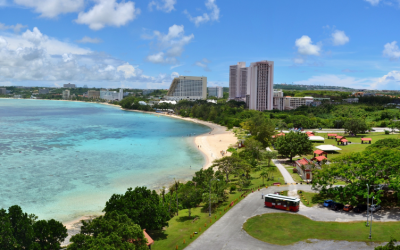The World Bank’s latest Pacific Economic Update underscores the imperative for investment in education to sustain economic momentum amidst projected deceleration in growth across Pacific island countries.
According to the report, growth in the region slowed to an estimated 5.5 per cent in 2023, following a robust expansion of 9.1 per cent in 2022 driven by pandemic recovery efforts. Despite this, investments in education, particularly in quality and well-resourced teacher training, are deemed critical for fostering long-term growth.
Tourism, household consumption, and remittances have been key drivers of economic activity, supported by accommodative fiscal policies. However, the report warns of the looming deceleration, with collective growth projected at 3.5 per cent in 2024 and 3.3 per cent in 2025, still the fastest rates since 2017, excluding pandemic-induced bounces.
Fiji, the region’s largest economy, is anticipated to normalise its growth trajectory after surging 20 per cent in 2022, with a projected deceleration to 8 per cent in 2023. Similarly, Solomon Islands is expected to pick up to 2.8 per cent growth in 2024 after reversing a 4.1 per cent contraction in 2022.
Samoa, Tonga, and Palau, which rely heavily on tourism and remittances, have witnessed a significant resurgence in growth following three consecutive years of decline. This turnaround is credited to a strong recovery in tourist arrivals, particularly from Australia and New Zealand. Conversely, nations supported primarily by sovereign revenue, including Kiribati, Nauru, Tuvalu, FSM, and the Marshall Islands, experienced a comparatively modest downturn in 2020 and are currently undergoing positive, albeit moderate, growth.
Despite these projections, challenges persist in achieving full economic recovery, particularly in meeting pre-pandemic GDP levels. The report states the importance of fundamental reforms to stimulate investment growth for improved medium-term prospects.
A special focus on human capital development highlights the transformative potential of education investment. Quality teacher training and multilingual education are identified as crucial components for unlocking economic dividends. However, the report also highlights the alarming literacy gap among 10-year-olds across Pacific Island countries, underscoring the urgent need for educational reforms.
World Bank experts stress that investments in human capital are paramount, as the Pacific’s greatest asset lies in its people. Pending Compact Agreements between the United States and certain Pacific nations are cited as potential avenues for enhancing fiscal space and facilitating public investment initiatives.
While short-term risks to the economic outlook have balanced out, ongoing global uncertainties, geopolitical tensions, and shifts in commodity prices remain key challenges to long-term growth and poverty reduction efforts.
The World Bank report advocates for a holistic approach to economic development in the Pacific, with education emerging as a cornerstone for sustainable growth and prosperity.



